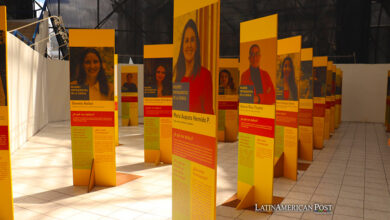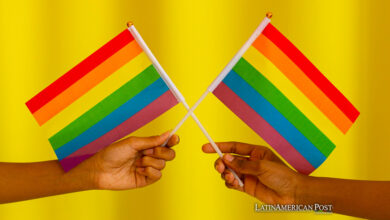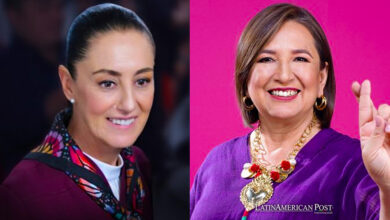Is There Discrimination in Health Services?
There are several reports that account for the discrimination that lesbian, gay, bisexual, and transgender LGBT face when accessing health and social services.

The Woman Post | Catalina Mejía
Listen to this article
According to Hallmark and colleagues, discrimination can result in sub-optimal care, through deficient communication and preventing adherence to treatment, thus interfering in the mental well-being of patients.
According to a study by Somerville, one-quarter of healthcare staff had heard negative comments about LGBT patients or used discriminatory language, and one in 20 patient-facing staff had observed colleagues discriminate or provide a worse service to LGB patients. A study performed by the Lesbian Community Cancer Project in the United States disclosed that almost 25% of lesbians answered that they avoided visiting doctors because of the negative experiences they had with them. Another study by Allmark and colleagues revealed that one in seven transgender people felt they had been treated negatively by health professionals because of their transgender status. An additional study conducted in the United States revealed that 40% of the gynecologists interviewed expressed that they did not feel comfortable with lesbian patients.
Now, it becomes relevant to ask why this is happening and what needs to change to tackle the inequalities faced by LGBT patients. The mentioned study by Somerville disclosed that 10% of healthcare workers expressed that they did not feel comfortable in their ability to understand and fulfill the needs of LGBT patients. The United Kingdom is a good example of interesting initiatives that have been developed to tackle the problem. For instance, the National Ambulance LGBT Network was created in 2015 in the UK, to encourage equality and inclusion within their service and to provide a supportive and confidential environment for LGBT, staff, friends, and colleagues. On the other hand, the NHS England Lesbian Gay Bisexual and Trans staff network was developed in 2015 to promote equality and to raise awareness of the LGBT issues, thus influencing the NHS policies concerning LGBT patients.
Also read: THE MORE WHO DIE, THE LESS WE CARE?
Latin America still has a lot of room for improvement concerning the inequalities and discrimination faced on a daily basis by LGBT patients. In 2020, Alejandra Monocuco, who was a transgender woman, who lived in Bogotá and was HIV positive died because she was denied health services. Alejandra was 39 years old and was a sex worker at Bogotá. She died on May 29, 2021, and as stated by her mother who took care of her, when paramedics were informed that she was transgender and HIV positive, they backed up with a discriminatory attitude and refused to take her to the hospital. Various Transgender Networks and communities from Bogotá and human rights activists confirmed the veracity of the facts narrated by Alejandra’s mother. In Colombia, the LGBT community is about 4 million people, and the country still lacks an affirmative model for the attention and provision of services for the LGBT community. Recent studies have documented that each time, more people have to recognize themselves as LGBT, and young people face an important health risk, due to isolation, fear, family rejection, and stigmatization.
We are still on time to develop a detailed plan to deal with the challenges faced by the LGBT community concerning equality in healthcare and to educate physicians to be sensitive to meet their needs and to provide them effective health care with inclusive and appropriate messages and treatment.




